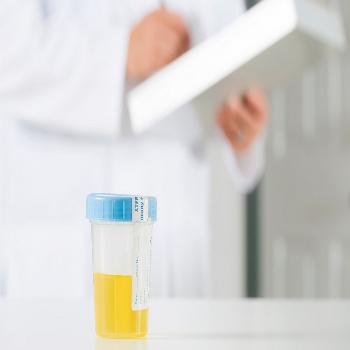Why would I need the 5-Panel Urine Drug Test?
This test may be required for several reasons:
Pre-employment screening: Employers often require this test as part of the hiring process to ensure candidates are drug-free before starting work.
Random workplace testing: Many companies conduct drug testing for employees, particularly those in safety-sensitive roles, to maintain a drug-free workplace.
DOT compliance: Employees regulated by the DOT, such as commercial drivers, pilots, and railway operators, must undergo regular drug testing as part of federal safety regulations.
Post-accident testing: To determine if drugs were a factor in a workplace accident.
Reasonable suspicion testing: If an employer suspects that an employee may be under the influence of drugs based on observed behavior, they may request this test.
Return-to-duty and follow-up testing: Employees returning to safety-sensitive duties after a drug policy violation or after completing a treatment program.
How do I prepare for the 5-Panel Urine Drug Test?
Preparation for the test is straightforward:
Medication disclosure: Inform the testing provider about any prescription or over-the-counter medications you are taking, as some medications can affect the test results. If a positive result is found, a medical review officer (MRO) will review this information to determine if there is a legitimate medical explanation.
Avoid certain substances: Avoid consuming products containing or contaminated with substances that could trigger a positive result.
Hydration: Drink an average amount of water before the test, but avoid excessive hydration, as overly diluted samples may require retesting.
What do the results of the 5-Panel Urine Drug Test indicate?
Negative result:
Indicates that none of the substances in the 5-panel drug test were detected, and the individual is cleared.
Positive result:
Indicates the presence of one or more of the tested substances. A Medical Review Officer (MRO) will review the positive result and contact the individual to discuss any legitimate medical reasons (e.g., prescription medications) that could explain the result. If no valid reason is found, the result is confirmed as positive.
Inconclusive or invalid result:
If the sample is inconclusive or invalid, a retest may be required.
What happens if my test results are positive?
MRO review: If the initial test is positive, a Medical Review Officer (MRO) will contact you to discuss any legitimate medical explanations for the positive result, such as a prescription medication.
Confirmation: If no valid reason is provided, the result is confirmed as positive. You may face disciplinary actions or removal from safety-sensitive duties, depending on your employer’s policies and DOT regulations (if applicable).
Substance abuse evaluation: You may be required to complete an evaluation with a Substance Abuse Professional (SAP) and follow a treatment program before being eligible for return-to-duty testing.
